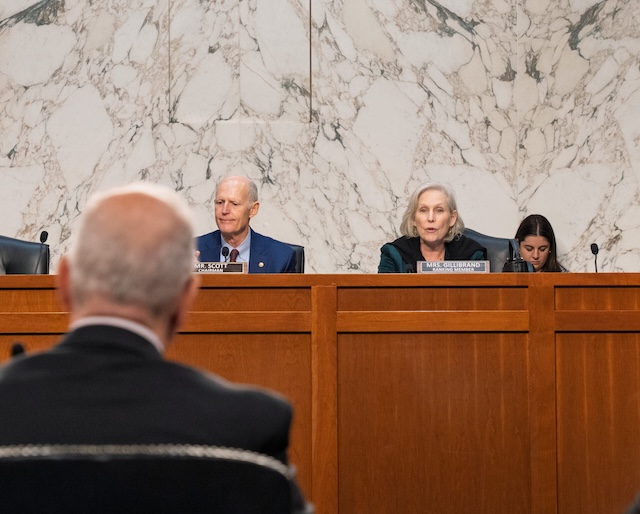Non-motor symptoms of Parkinson’s can be just as challenging—sometimes even more so—than the movement symptoms. Caregivers often see the impact of these issues every day, even when they aren’t the focus during medical appointments. It’s important to remember that problems like mood changes, anxiety, sleep issues, or cognitive shifts are very real parts of the disease and deserve attention.
If your loved one’s movement-disorder neurologist hasn’t brought up these concerns, don’t hesitate to raise them yourself. You can also ask the specialist to help connect you with a psychiatrist or mental-health professional who has experience working with people who have Parkinson’s. This kind of support can make a meaningful difference for both the person living with PD and those caring for them.



